Introduction
Shiba Inu temperament is known for being both independent and spirited.
- They are intelligent but can be stubborn and strong-willed
- Shiba Inus are loyal to their families but reserved with strangers
- Their high energy levels require regular exercise and mental stimulation
- Early socialization and training are crucial for a well-behaved Shiba Inu
- Understanding their temperament helps ensure a happy, balanced life
1. Independent Yet Loyal
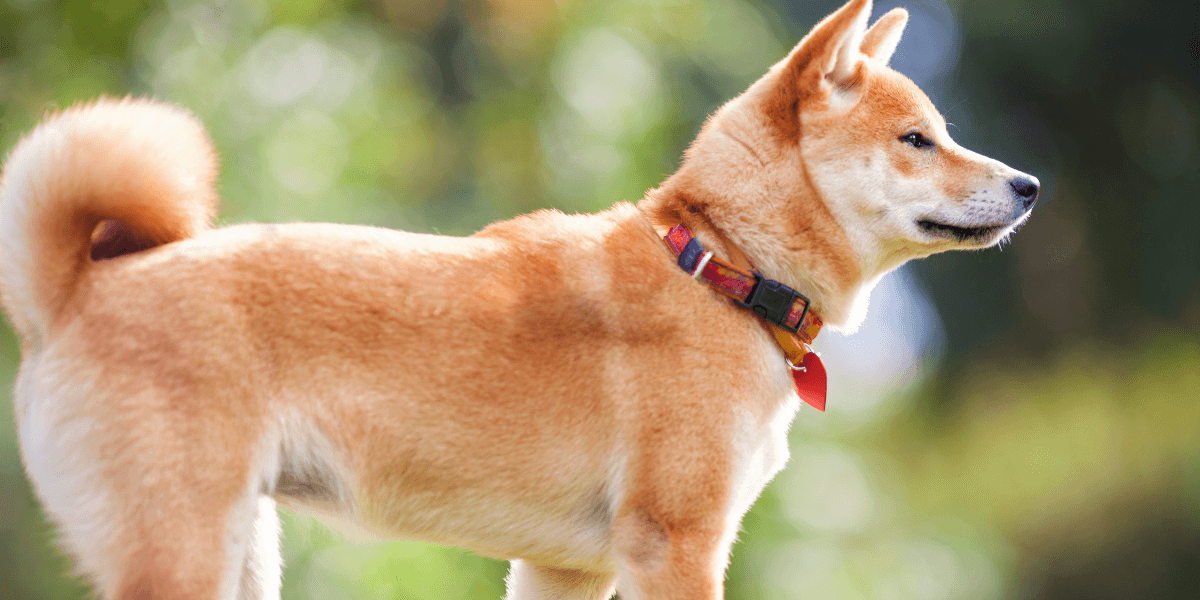
Shiba Inus are fiercely independent but deeply loyal to their owners.
- Self-reliant: Often prefer to do things their own way
- Reserved: Can be aloof with strangers or new situations
- Affectionate: Show deep affection to their trusted family members
- Cautious: Take time to warm up to new people and pets
- Confident: Display boldness in their behavior and interactions
- Protective: Instinctively guard their family and territory
- Curious: Often explore their surroundings with keen interest
- Solitary: Comfortable spending time alone without anxiety
2. Intelligent but Stubborn
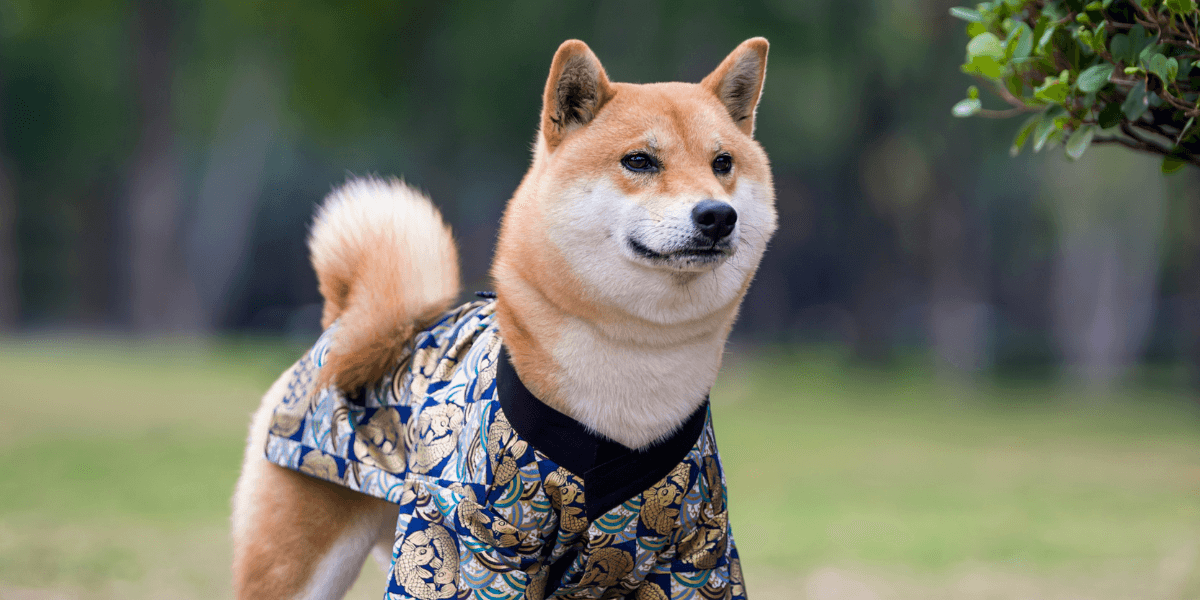
Shiba Inus are smart dogs with a mind of their own.
- Quick learner: Pick up new commands and tricks swiftly
- Selective listening: Respond when they feel like it
- Problem solver: Find creative ways to get what they want
- Determined: Rarely give up on tasks or goals
- Manipulative: May test boundaries with clever tactics
- Attention span: Easily bored if not engaged regularly
- Self-motivated: Prefer to work independently rather than please others
- Training challenges: Require patience and consistency in training
3. High Energy and Playfulness
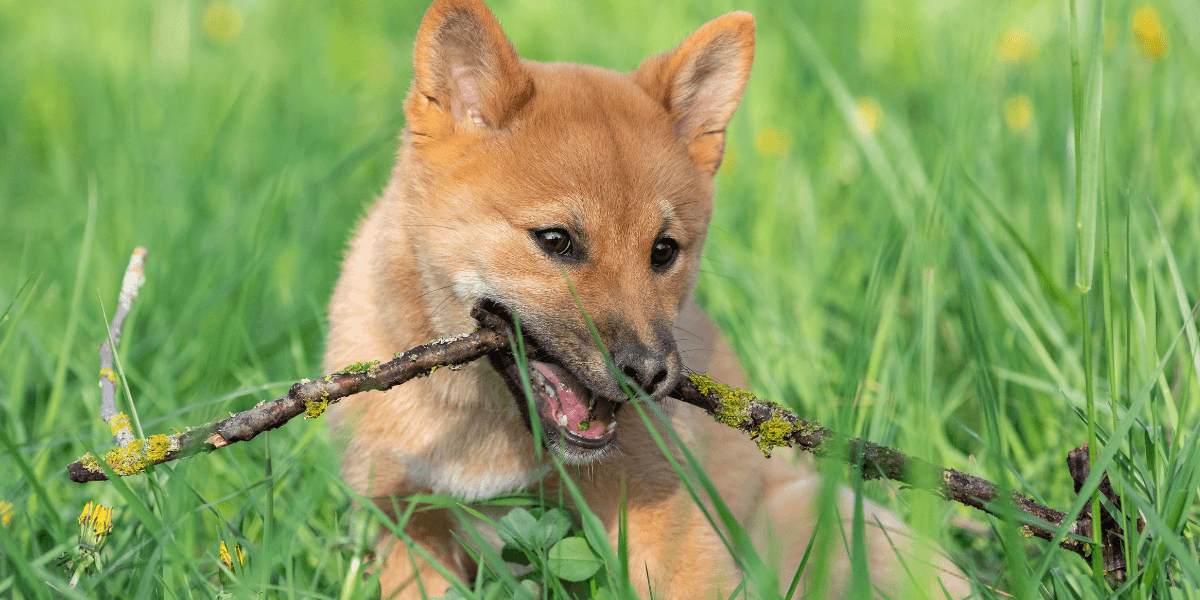
Shiba Inus are energetic and enjoy active play sessions.
- Daily exercise: Need regular physical activity to stay healthy
- Enthusiastic: Enjoy running, jumping, and exploring outdoors
- Playful nature: Love to play games and engage in fun activities
- Agility: Excel in activities like hiking, running, or agility sports
- Interactive toys: Benefit from toys that challenge their minds
- Strong prey drive: Often chase small animals and moving objects
- Zoomies: Frequently burst into fast sprints around the house
- Mental stimulation: Require puzzles and activities to stay mentally sharp
4. Socialization Needs
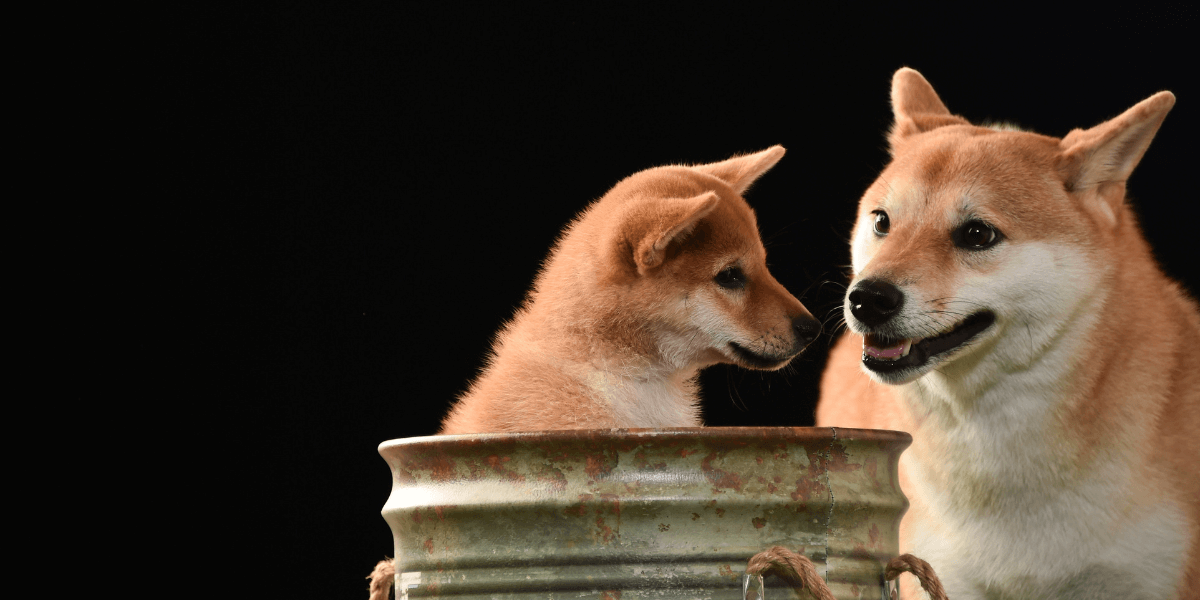
Proper socialization is key to a well-adjusted Shiba Inu.
- Early socialization: Begin exposing them to different people and places
- Positive reinforcement: Use rewards to encourage good behavior
- Meeting new dogs: Regular playdates help reduce aggression
- Public outings: Taking them out helps in adapting to new environments
- Exposure to sounds: Introduce household noises to prevent anxiety
- Diverse experiences: Ensure they experience a range of settings
- Calm demeanor: Encourage calm and relaxed behavior around strangers
- Ongoing socialization: Maintain regular socialization throughout their life
Enhance your Shiba Inu's social skills with expert training tips inspired by Great Dane techniques.
5. Potential for Aggression
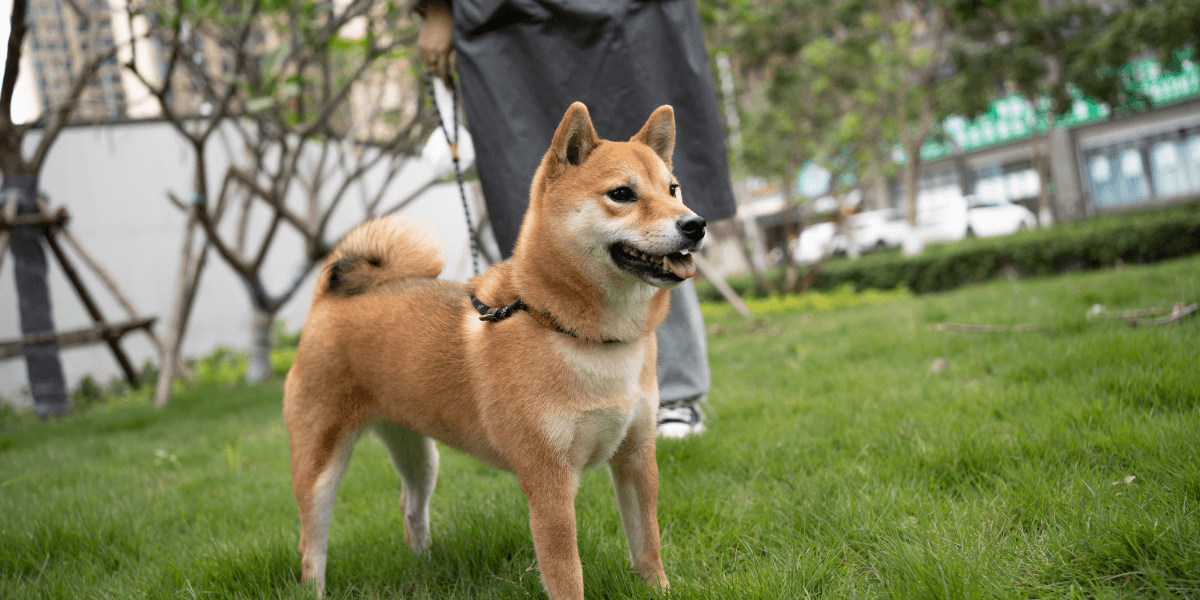
Shiba Inus may show aggression if not properly trained or socialized.
- Territorial: May guard their home and family fiercely
- Fear aggression: Can react defensively to perceived threats
- Food aggression: Possessive over their food or treats
- Resource guarding: May guard toys, bones, or favorite spots
- Dog aggression: Can be aggressive towards unfamiliar dogs
- Stranger danger: Show distrust or hostility to unknown people
- Dominance issues: Display dominant behavior without firm leadership
- Corrective training: Early intervention reduces aggressive tendencies
6. Grooming and Cleanliness Habits
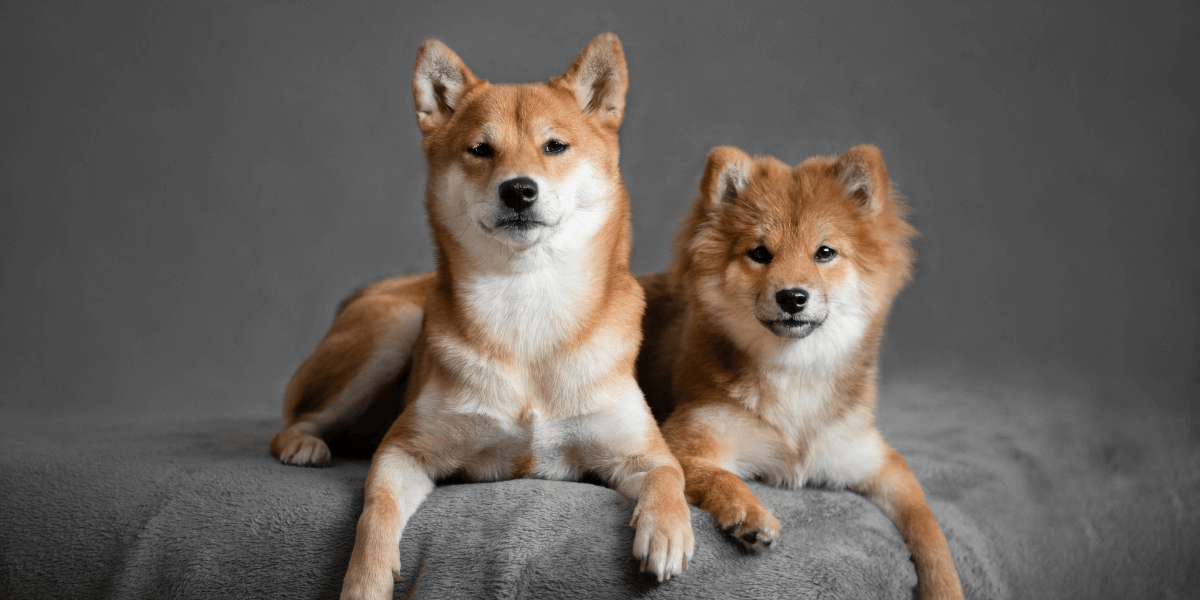
Shiba Inus are naturally clean and have low grooming needs.
- Self-cleaning: Often groom themselves like cats
- Minimal odor: Rarely have a strong doggy smell
- Shedding: Blow their coat twice a year, shedding heavily
- Regular brushing: Weekly brushing helps control shedding
- Clean paws: Tend to keep their paws clean after walks
- Bathing: Require minimal baths due to their clean habits
- Nail care: Regular trimming is necessary to prevent overgrowth
- Dental hygiene: Brush teeth regularly to maintain oral health
Keep your Shiba Inu pristine with grooming insights adapted from German Shepherd care routines.
7. Common Behavioral Traits
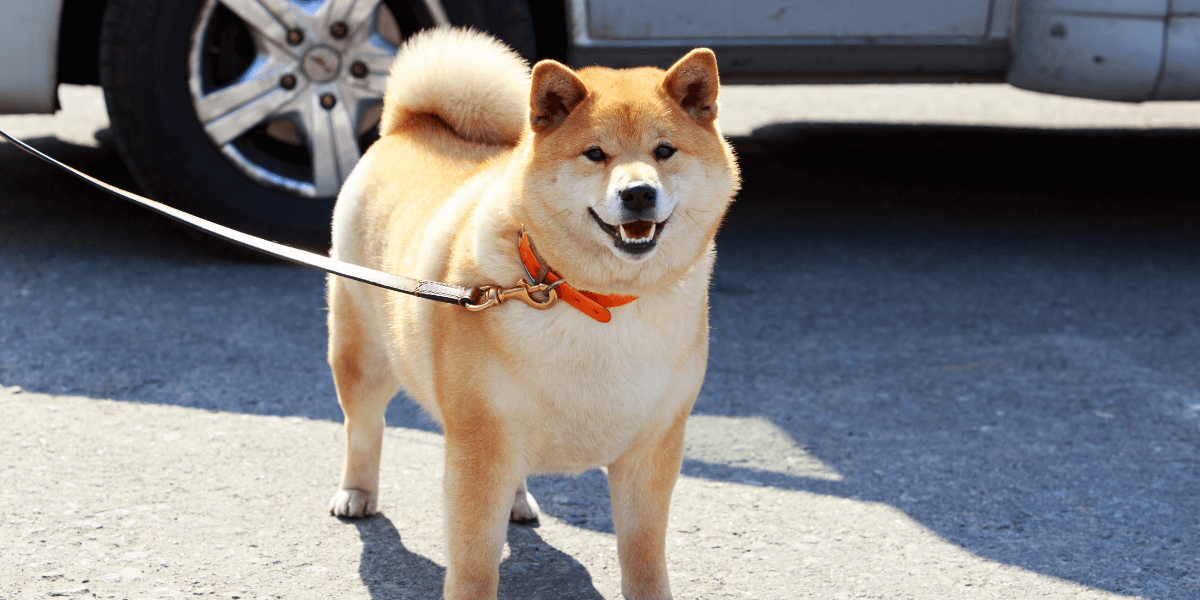
Shiba Inus have unique behaviors that make them stand out.
- The Shiba scream: Emit a high-pitched scream when scared or excited
- Digging: Enjoy digging holes, especially when bored
- Escaping: Known for escaping from enclosures or yards
- Climbing: Capable of climbing fences or trees
- Alert barking: Often bark at unfamiliar noises or movements
- Pack mentality: Thrive in a family environment with clear leadership
- Stealing: May steal food or objects out of curiosity
- Hiding: Hide toys or food in secret spots around the house
Understand Shiba Inu behaviors better with training strategies from German Shepherd experts.
FAQs
1. Are Shiba Inus good for first-time dog owners?
- Not always, due to their independence and training challenges
2. Do Shiba Inus get along with other pets?
- With proper socialization, they can coexist peacefully
3. How much exercise does a Shiba Inu need?
- At least 30 to 60 minutes of exercise daily
4. Are Shiba Inus aggressive?
- They can be, but proper training and socialization minimize aggression
5. Do Shiba Inus bark a lot?
- They bark to alert, but they are not excessive barkers
6. What is the Shiba scream?
- A unique, high-pitched scream made when excited or stressed
7. Are Shiba Inus easy to train?
- They are intelligent but require consistent, patient training
Conclusion
- Understanding the Shiba Inu Temperament is key to a happy relationship
- Patience and consistency are crucial for training your Shiba Inu
- Provide regular exercise and mental stimulation to keep them engaged
- Socialize your Shiba Inu from an early age to prevent aggressive behaviors
- Recognize their unique traits and adapt your approach accordingly
- Embrace their independent nature and enjoy the bond you share
References
- Shiba Inu Temperament
- PetMD - Shiba Inu Behavior and Training
- The Shiba Inu Forum - Personality Insights
- The Complete Guide to Dog Grooming
- Choosing the Best Orthopedic Dog Bed



